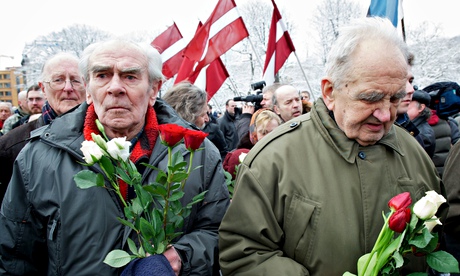by Tony Iozzo
Impunity Watch Reporter, Europe
ANKARA, Turkey – A Turkish court ordered the country’s Telecommunications Authority to restore access to Twitter throughout the country through a court-issued injunction.

Five days ago, the Telecommunications Authority blocked access to Twitter throughout the entire country. The social network had been a large source of links that provided recordings implicating government corruption. Prime Minister Recep Tayyip Erdogan threatened to “rip out the roots” of the social network, and accordingly ordered the Telecommunications Authority to block the website. The Telecommunications Authority had accused Twitter of not following Turkish court orders to remove certain content from the website.
Since the enactment of the Twitter-ban, lawyers, opposition parties, and journalists both inside and outside the country had advocated for the abolishment of the ban. Pro-Twitter advocates contended that the ban was unconstitutional. The ban drew a lot of international criticism and many Turkish Twitter users found ways to access Twitter during the ban. The Turkish President Abdullah Gul tweeted his opposition to the blockage after it was enacted.
The administrative court in Ankara based its decision on Wednesday on freedom of expression and the right to communicate freely, both of which are cited in the country’s Constitution, as well as the European Convention on Human Rights.
Deputy Prime Minister Bulent Arinc stated that the Telecommunications Authority would obey Wednesday’s court decision after it received official notice from the administrative court, but that it was reserving the right to appeal the decision. An anonymous government source stated that the Authority has thirty days to implement the court’s decision.
This upcoming Sunday, Turkey will be holding elections which are being regarded as a referendum on Prime Minister Erdogan’s time in office. During a recent election rally in northern Turkey, Prime Minister Erdogan accused opposition parties and media who criticized the Twitter ban of being the “advocate of companies who don’t recognize Turkey’s laws and treat Turkey as a Third World country.” Justice Minister Bekir Bozdag stated that the Telecommunications Authority had been merely implementing court orders: “Is it against the Constitution to implement court orders?”
For more information, please see:
ABC News – Turkish Court Orders Halt to Twitter Ban – 26 March 2014
Al Jazeera – Turkish Court Orders Halt to Twitter Ban – 26 March 2014
BBC News – Court in Turkey Suspends Ban on Twitter – 26 March 2014
Reuters – Turkish Court Upholds Appeal Against Twitter Blockage-Media – 26 March 2014
